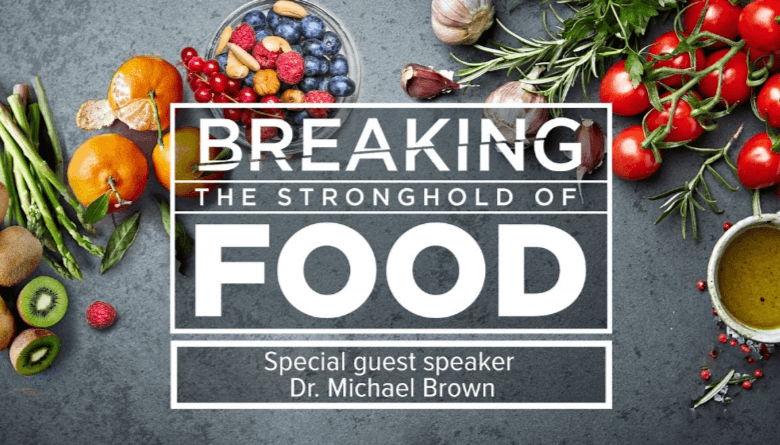Breaking the Stronghold of Food: How We Conquered Food Addictions and Discovered a New Way of Living

The pervasive nature of food addiction often obscures its emotional and psychological underpinnings, making it a formidable challenge for many individuals. As we embarked on a journey to confront and ultimately conquer these dependencies, we unearthed not only effective strategies but also profound insights into our own Breaking the Stronghold of Food: How We Conquered Food Addictions and Discovered a New Way of Living. Through personal narratives and practical approaches, the transformation we experienced was marked by a significant shift in our relationship with food. Yet, the most compelling aspects of this journey remain to be explored, revealing deeper layers of understanding and resilience.
Understanding Food Addictions
Understanding food addictions is crucial for developing effective strategies to overcome them, as studies indicate that approximately 20% of individuals may experience some form of food addiction in their lifetime.
Recognizing food triggers and the role of emotional eating is essential, as these factors often enhance cravings management.
Additionally, understanding the dopamine response and social influences can help reshape dietary habits toward healthier choices and long-term freedom.
Personal Journeys of Transformation
Personal journeys of transformation often highlight the complexities and triumphs associated with overcoming food addictions.
Individuals frequently navigate emotional triggers while developing effective strategies to manage cravings.
Establishing strong support networks plays a crucial role in fostering resilience and encouraging lifestyle changes.
These journeys reflect a profound shift towards freedom, emphasizing that recovery is not merely about food but about reclaiming one’s life.
Practical Strategies for Change
Overcoming food addictions requires a multifaceted approach that incorporates practical strategies for sustainable change.
Effective habit formation involves identifying emotional triggers that lead to compulsive eating.
By implementing structured meal planning, mindful eating practices, and journaling to track emotions, individuals can create healthier routines.
These strategies empower individuals to break free from addiction, fostering a sense of control and promoting long-term well-being.
Read Also Anime:_Mu8cjvrzds= Dog Art
Embracing Mindful Living
Integrating mindfulness into daily living serves as a powerful tool for individuals seeking to conquer food addictions.
By practicing mindful eating, individuals can develop an awareness of their body’s hunger signals, fostering intuitive choices that honor personal needs.
This approach not only nurtures a healthier relationship with food but also empowers individuals to break free from compulsive behaviors, promoting lasting well-being and freedom.
Conclusion
In the quest to Breaking the Stronghold of Food: How We Conquered Food Addictions and Discovered a New Way of Living, individuals resemble explorers navigating a dense forest, where emotional triggers act as hidden pitfalls. Through the compass of mindful eating and structured meal plans, clarity emerges, illuminating the path toward liberation. The journey fosters resilience, transforming cravings into mere whispers of the past, ultimately revealing a harmonious relationship with nourishment. Thus, the odyssey culminates in not just survival, but in thriving amidst the abundance of a fulfilled life.






